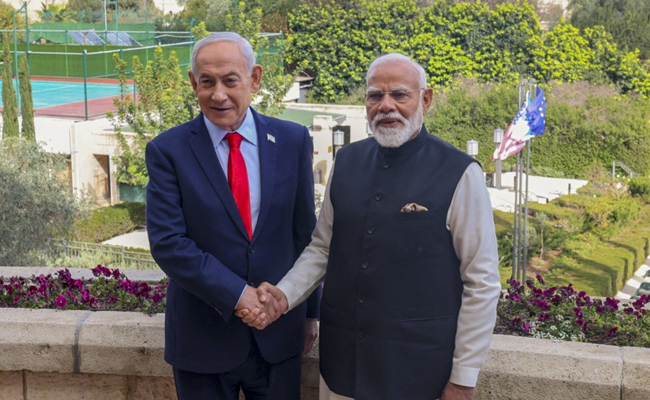New Delhi, Feb 17: Defending champions Gujarat Titans will play four-time winners Chennai Super Kings to begin the upcoming Indian Premier League in Ahmedabad on March 31.
The Titans, led by Hardik Pandya, won the title in their debut season last year.
According to the schedule announced by the BCCI on Friday, there will be a total of 52 round-robin matches.
The first double-header of the season will see Punjab Kings taking on Kolkata Knight Riders in Mohali and Lucknow Super Giants facing Delhi Capitals in Lucknow on April 1.
While the weekdays will feature one match, double headers are scheduled every Saturday and Sunday.
The league matches end on May 21, with a tie between Royal Challengers Bangalore and Titans in Bengaluru.
After staging the league across Mumbai, Pune and Ahmedabad in the last edition, the 16th season will revert to the home and away format, where all the teams will play seven home games and as many away matches respectively in the league stage.
According to the BCCI, a total of 70 league stage matches will be played across 12 venues over the course of 52 days.
The IPL 2023 will have 18 double headers, with the day games starting at 3:30 PM and the evening matches beginning at 07:30 in the evening.
Rajasthan Royals will play their first two home games in Guwahati before playing the remainder of their home matches in Jaipur.
Punjab Kings will play their five home matches in Mohali and their last two home games in Dharamshala against Delhi Capitals and Rajasthan Royals respectively.
The schedule and venues for the play-offs and final will be announced later. The summit clash will be played on May 28.
Let the Truth be known. If you read VB and like VB, please be a VB Supporter and Help us deliver the Truth to one and all.
Aligarh/Noid (PTI): Indian cricketer Rinku Singh's father, Khanchand Singh, passed away at a hospital in Greater Noida early Friday following a prolonged illness, family sources said.
Dr. Sunil Kumar, spokesperson of Yatharth Hospital in Greater Noida, where the cricketer's father was admitted, said Khanchand Singh was battling liver cancer.
"His condition had deteriorated significantly in recent days, following which he had been admitted to the hospital on February 21. He was placed on ventilator support and breathed his last early this morning," Kumar said.
Due to his father's critical condition, Rinku had to return home midway through the T20 World Cup. However, he rejoined the Indian team ahead of the match against Zimbabwe on February 26. He had also recently visited Noida to meet his father.
Rinku's former coach, Masood Amini, told PTI Videos in Aligarh that Khanchand Singh had been battling advanced-stage liver cancer and was in the terminal phase of the illness.
"He had been unwell for quite some time. He was suffering from liver cancer. For the past three to four days, he was on ventilator support," Amini said.
Amini said Rinku's father worked tirelessly to support his family and educate his children.
"He started out working as a gas cylinder delivery man and worked very hard to raise his family," he said.
The 28-year-old cricketer, a resident of Aligarh district in Uttar Pradesh, credits much of his success to his father. Khanchand Singh, who worked in gas cylinder distribution in Aligarh, supported his son's dream of becoming a cricketer despitefacing financial hardships.
The family said Khanchand Singh's last rites will be performed in Aligarh, and Rinku will attend the funeral.





